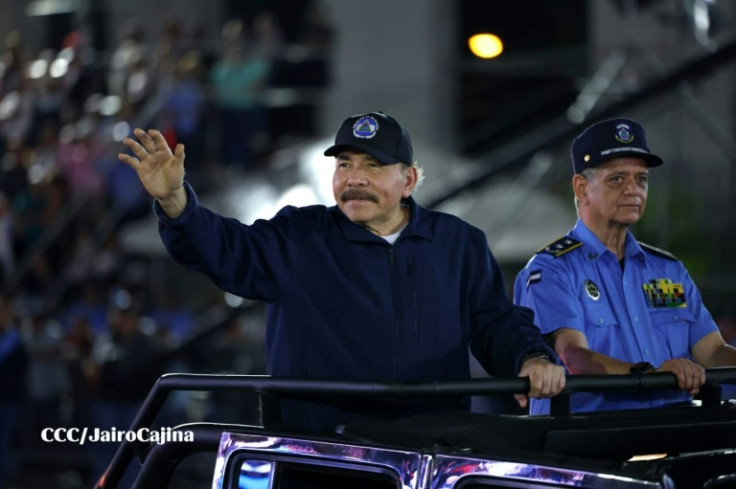
The United States Department of the Treasury's Office of Foreign Assets Control (OFAC) has sanctioned Nicaragua's Attorney General Wendy Carolina Morales Urbina due to her involvement in the oppressive actions of the Ortega-Murillo regime against political prisoners and civil society in the country.
According to the Treasury, the sanctions are directly related to Morales Urbina's conduct after the 2018 mass civil protests.
"The Attorney General of Nicaragua, in concert with the Ortega-Murillo regime, has exploited her office to facilitate a coordinated campaign to suppress dissent by seizing property from government political opponents without a legal basis," Brian Nelson, Under Secretary of the Treasury for Terrorism and Financial Intelligence, said in a statement Thursday.
"The United States reiterates its enduring support for the Nicaraguan people, who continue to bravely reject the authoritarianism of President Ortega and his inner circle," the statement added.
Nicaragua witnessed the start of the protests against the government in 2018, which led to ongoing violent crackdowns by the Ortega-Murillo regime.
As per the statement, Morales Urbina assisted President Daniel Ortega and Vice President Rosario Murillo, who is also Ortega's wife, as they "suppressed popular protests, incarcerated political opponents, and silenced critical voices in the media or forced them into exile."
The statement further said that Morales Urbina played a crucial role in devising the strategy to label Nicaraguan opposition members as terrorists and restrict their financial resources by using an established anti-terrorism law.
Ortega governs the country with a small group of trusted individuals in the police, military, and parliament. He deported 222 political prisoners to Washington, D.C. on Feb. 9 last year, claiming it was to protect peace and national security.
Furthermore, the Nicaraguan government labeled the freed prisoners as traitors who could never hold public office in Nicaragua and took away their citizenship.
With the help of the sanctions, any property or assets owned by the sanctioned individuals within the United States or under the control of U.S. individuals will be frozen and reported to the OFAC.
Additionally, any entities owned 50 percent or more by these sanctioned individuals are also subject to these restrictions.
Protests erupted in the country over proposed social security reforms by Ortega's government, which affected contributions and benefits, leading to public dissatisfaction.
According to a study released in December, 50% of Nicaragua's population was willing to leave the country due to a repressive government and economic decline.
© 2025 Latin Times. All rights reserved. Do not reproduce without permission.







